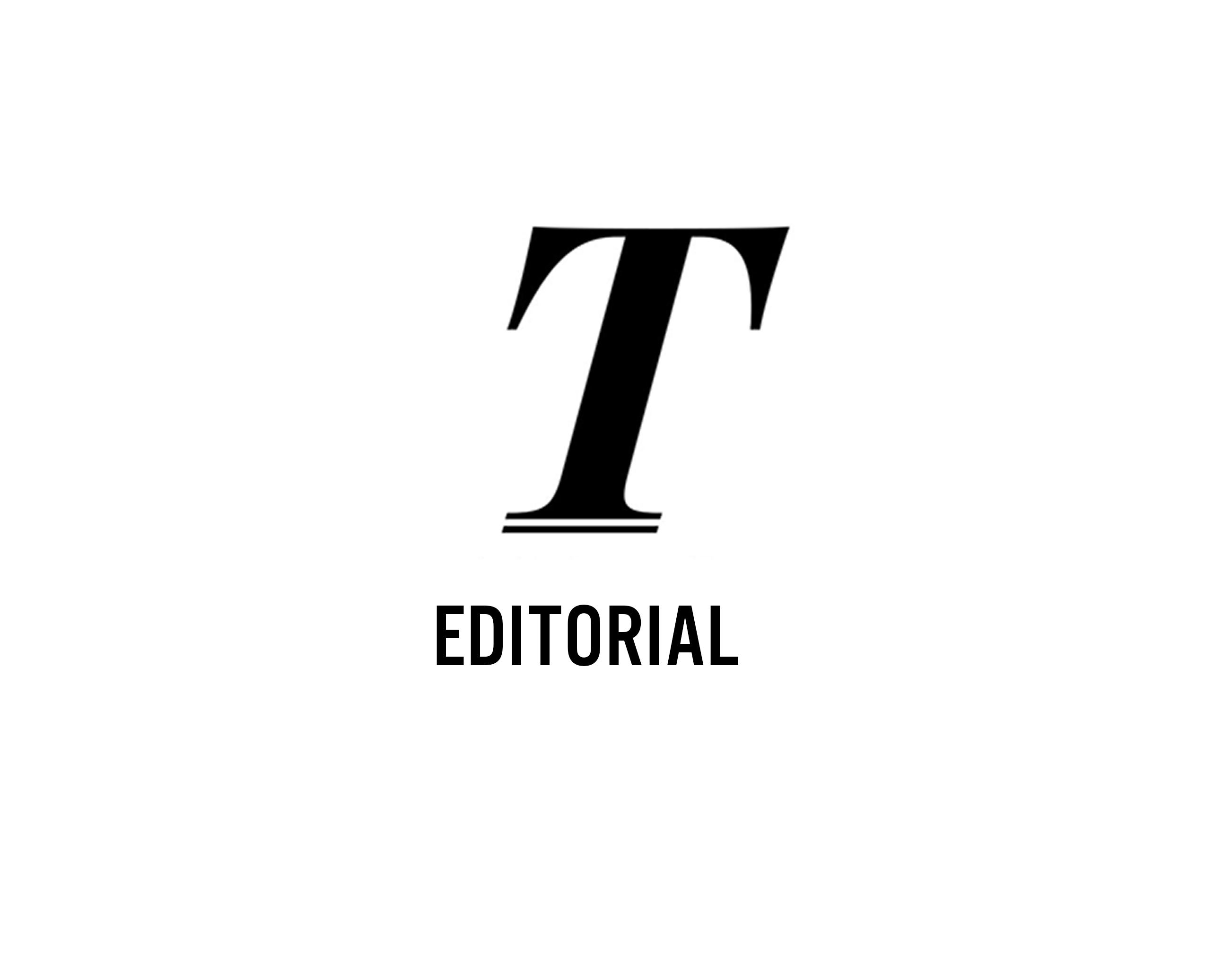The current state of the Students’ Society of McGill University (SSMU) is disconcerting, to say the least: Executives and employees have resorted to publishing op-eds against each other, and five of the six remaining executives have formally expressed a position of non-confidence in President Muna Tojiboeva, due to a lack of transparency and communication with both her colleagues and the students she represents. These public rifts diminish the effectiveness and legitimacy of the organization and the important services it provides, negatively impacting its constituents. Moreover, framing the current discord within SSMU solely in terms of “political differences,” as Tojiboeva has done, obscures legitimate student concerns regarding her performance as president. Until Tojiboeva acknowledges and commits to improving upon her past incompetencies, and the executive team as a whole overcomes their frustrations toward each other, SSMU’s ability to serve students will suffer.
Tojiboeva ran for president to increase transparency and repair student trust in SSMU after a scandal-filled year. As President, she has yet to fulfill these promises. Measures to encourage student engagement and participation in the Oct. 23 Fall General Assembly (GA) were lacking compared to previous years. In particular, Tojiboeva failed to directly communicate the motion submission deadline—two weeks prior to the assembly itself—in time for members to submit motions for consideration at the GA. Consequently, several motions were submitted from the floor, and by extension, required two-thirds majority to be added to the agenda, rather than a simple majority. This misstep at best shows carelessness, and a weak commitment to upholding democracy within SSMU.
Under Tojiboeva’s leadership, important information regarding the meetings and decisions of governing bodies has also become less accessible to students. The SSMU Board of Directors (BoD)—of which Tojiboeva is the Chair—meeting minutes now consist of summaries rather than verbatim accounts, and have not been regularly updated: Oct. 15 and 22 minutes were not uploaded online until Oct. 30, and the Oct. 1 meeting minutes are still missing as of Oct. 31. Moreover, the BoD resolution book has yet to be updated during Tojiboeva’s term, something that she should prioritize if she is serious about increasing transparency.
The Oct. 16 suspension of Vice-President (VP) Finance Arisha Khan from the BoD is another example of the opacity of SSMU practices under Tojiboeva’s leadership. While she was away representing SSMU at a conference, the Board voted to suspend Khan on charge of a confidentiality breach, compromising her ability to defend herself. The President, along with the two other SSMU executives present, had to leave the room for the closed discussion and ultimately abstained from voting. However, any decision regarding a senior actor within student government must be made transparently, and with adequate due process. As Chair of the BoD, Tojiboeva should have made every attempt to ensure Khan’s representation at the meeting, or otherwise proposed to table the discussion until Khan returned.
These are objective failures of Tojiboeva’s promises of transparency and her ability to fulfill her presidential duties. Yet, she has failed to adequately respond to such criticisms, discounting them in a letter to The Bull and Bear as the SSMU “establishment” disliking her because “they no longer have a reliable lackey to do their bidding in the SSMU Executive.
On campus, this divide has been interpreted primarily in terms of stances on the Boycott, Divestment, and Sanctions (BDS) movement, and corresponding charges of anti-Semitism. These are legitimate and important issues that merit attention in their own right, as do students who feel targeted or unsafe as a result of them. However, by reducing her individual shortcomings to political differences, Tojiboeva exploits and inflames a sensitive political debate on campus, perpetuating dangerous identity politics. Views surrounding these issues must not be conflated with the competency of a SSMU executive in performing their duties, whether or not one agrees with her personal political views.
Furthermore, there are appropriate channels for a SSMU President to voice complaints against fellow executives. The commentary section of a student publication is not one of them. Claims of inappropriate or harmful workplace conduct, including body shaming and online harrassment, as Tojiboeva expressed at the Oct. 19 Legislative Council and in her letter, should be addressed through internal human resources channels, not aired out on public forums. Similarly, discord within the executive committee should not have come to the point where executives felt they had to bring the issue to Legislative Council, citing numerous previous failed attempts to resolve their concerns with the President internally.
After the Fall 2017 GA, several executives, including Tojiboeva, expressed desires to “reconcile” their differences and repair their working relationships. This is absolutely critical for SSMU to operate productively. SSMU executive portfolios require cooperation on a number of issues, and often overlap. Executives function as a team, and must act like one. Ultimately, SSMU’s primary concern must be the provision and improvement of student life and services—executives cannot let the current division distract from this.
It is crucial to recognize discrimination when it occurs, but to equate administrative concerns with political bias endangers SSMU’s democratic accountability. When legitimate and pressing criticisms are levelled against any SSMU executive’s ability to perform their professional duties, they must either step up and respond directly to those complaints, or step down. Right now, the President is doing neither.










Agreed in principle, but this isn’t just on Muna. They all need to step up, or step down. Blame Muna for the op-ed all you want, but don’t excuse the other execs for their bizarre non-confidence motion which they falsely claimed represents “the majority of students.”
this paper is a joke, so incredibly contradictory